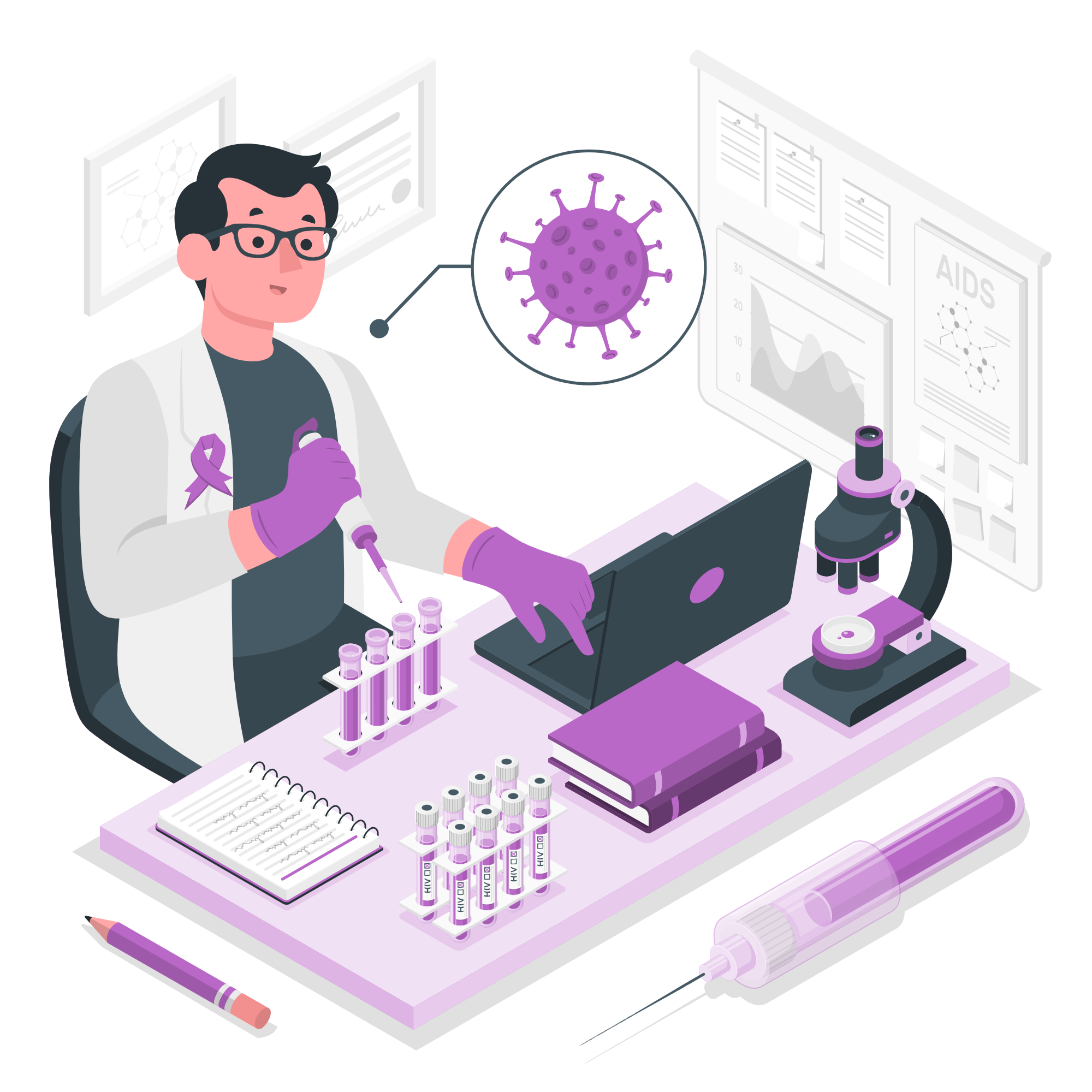How to Use First Person ('I' and 'We') in Research Papers
Can you use first person in research papers? For decades, students and researchers were taught to avoid using “I” or “we” in academic writing. However, academic norms have shifted. Today, knowing when and how to use first person in research papers can make your work clearer, more authentic, and more engaging—if done right.
Why This Question Matters
If you’re a student, researcher, or academic writer, you’ve probably been told that research writing must be “formal” and “objective.” For years, that meant avoiding first-person pronouns like “I” or “We.” But things have changed.
Today, many journals allow and even encourage the use of "I" and "We"—when done correctly. Knowing when and how to use them can make your writing clearer, more engaging, and more transparent.
Is Using First Person Allowed in Research Writing?
Short answer: Yes, but with caution.
Most modern academic style guides, including APA 7th Edition and Chicago, now accept the use of first-person pronouns—especially when describing actions you or your team performed.
- APA (7th Edition): Encourages “I” or “We” to clarify authorship of actions.
- Nature Journals: Use first person sparingly, but it’s not banned.
- Elsevier: Allows "We" for research teams, particularly in methods sections.
Clarity beats tradition. Avoid awkward passive constructions just to sound "academic."
When to Use “I” or “We” — And When to Avoid Them
When It’s Okay
1. In the Methods Section
Use “I” or “We” to explain what you did:
- “We conducted a survey of 300 participants.”
- “I performed the analysis using RStudio.”
2. To Discuss Decisions You Made
- “We chose this sampling method to avoid bias.”
- “I selected this approach based on preliminary results.”
3. In Reflective or Opinion-Based Research
Fields like education, sociology, and qualitative studies often require personal insights:
- “I interpreted the data through a phenomenological lens.”
When to Avoid
1. Stating Known Facts or Universal Truths
- ❌ “I believe water boils at 100°C.”
- ✅ “Water boils at 100°C under standard conditions.”
2. In Abstracts (Some Journals) Some publishers still prefer an impersonal tone in abstracts.
3. Overuse That Distracts If every sentence starts with “I” or “We,” the writing feels self-centered.
Choosing Between “I” and “We”
- Use “I” if you're the sole author.
- Use “We” if it's a collaborative paper—even if you're writing it alone.
Be consistent. Don’t jump from “I” to “we” unless you’re referring to different groups.
Real Examples: Good vs. Awkward Use
❌ Poor:
"The experiment was carried out using a spectrophotometer."
✅ Better:
"We conducted the experiment using a spectrophotometer."
❌ Poor:
"It was determined that stress affects performance."
✅ Better:
"We found that stress significantly affects performance."
What Do Journals Really Want?
Most top-tier journals now care more about clarity and integrity than rigid formality.
Journal Tip: Always check the “Author Guidelines.” Some journals still prefer passive tone or discourage first person—especially in certain disciplines like engineering or hard sciences.
Final Advice: Don’t Fear the First Person
Using “I” and “We” in your research paper isn’t unprofessional—it’s often clearer and more honest. Just be mindful of:
- The discipline (Humanities vs. STEM)
- The journal’s style guide
- The tone and balance of your paper
Pro tip: If you're ever unsure, write the sentence both ways and ask:
"Which version helps my reader understand who did what?"
Conclusion: Use First Person to Strengthen, Not Weaken, Your Writing
Writing in first person helps you own your work. It builds trust with the reader. And most importantly—it makes your writing sound like you, not a robot.
So go ahead. Say “We conducted,” “I analyzed,” or “We concluded”—just do it with purpose.
For further assistance, feel free to contact us via email at editing@paperedit.com or through WhatsApp at +447458935352. You can also fill out the contact form for additional inquiries.

